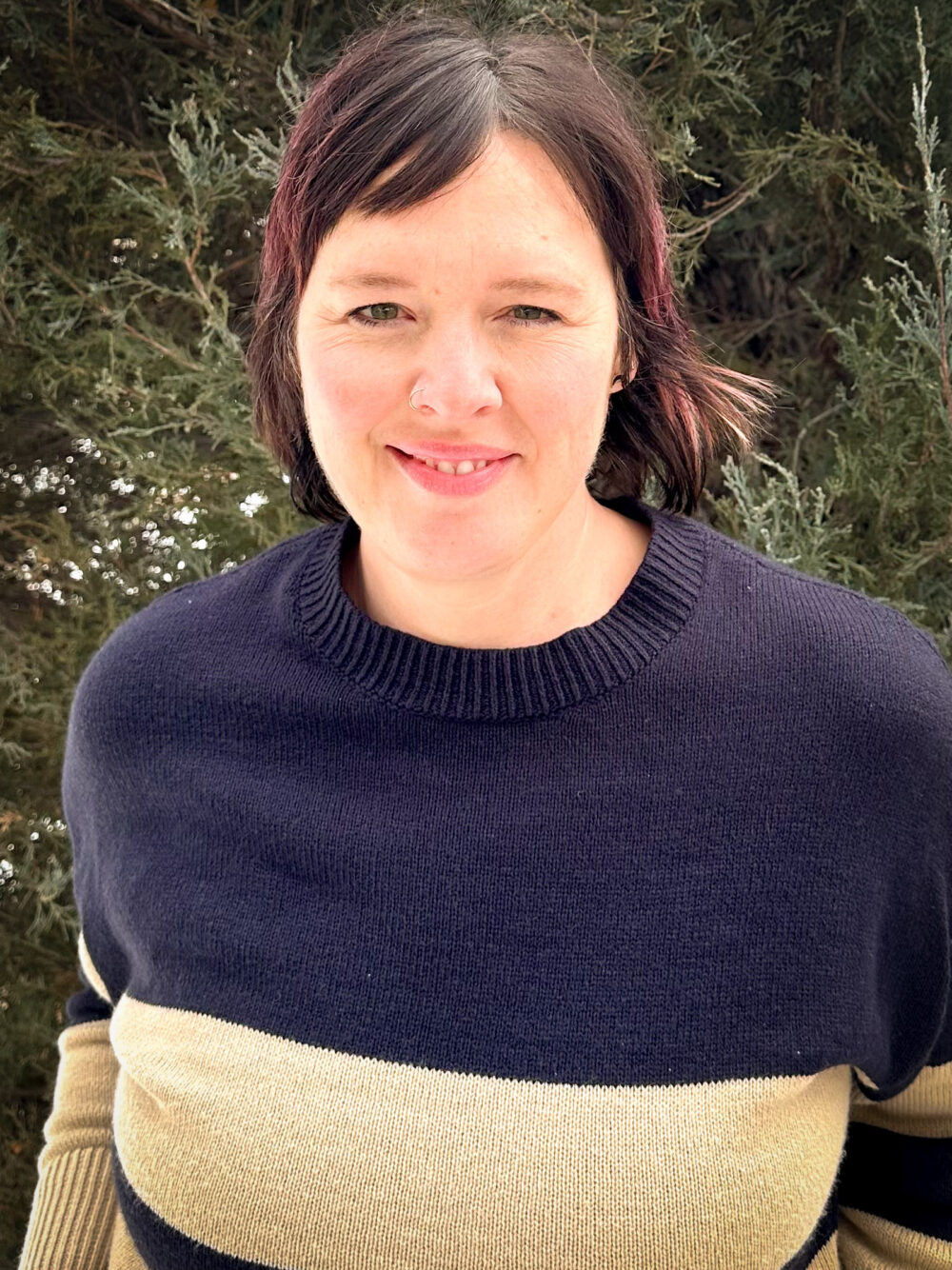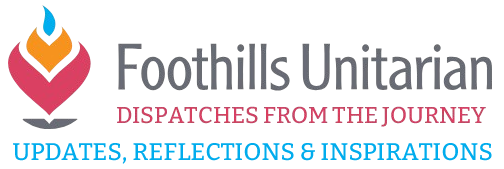[vc_row][vc_column][vc_column_text]The printer was making its 87th copy when someone said out loud what I’m guessing we’d all been thinking:
How ironic to be handing out the first edition of our paper newsletter on the Sunday where we’re talking about the climate crisis!
It was one of the reasons we put a hold on paper communications four years ago – to decrease paper usage. But over time, we’ve noticed that so much can get lost when everything is sent only electronically.
So we’re trying to find the right balance. Only sending this newsletter in the mail to those who subscribe. Making it bi-monthly instead of monthly. Providing a PDF link on the website and in all weekly communications.
After a few issues, we’ll check in and see how it’s going. I like to think of most things in congregational life as an experiment where the main measure of success is our shared learning, and this is no different.
In case you’re wondering, 95 households subscribed and will receive a mailed printed copy. For this first issue, we are also sending a “courtesy” copy to anyone who has been a member for longer than 25 years. After this first edition, we’ll only send paper copies to those who subscribe.
If you want that to be you, but haven’t yet, go here: foothillsuu.org/subscribe. And if you ever want to catch up on Foothills news – issues of the Weekly, or the Communicator, you can find them here: foothillsuu.org/news.
This decision of paper or no paper is a smallish example of the sort of complex ethical decisions we all face all the time in life today! Starting this Sunday, we’re offering a series that we hope will help provide some tools and framework for building an ethical life. Look for more information in a series overview email later this week.
Hope to see you Sunday at 8:30, 10, or 11:30. And then at 1 pm for our big congregational meeting to authorize the first phase of our building expansion! All are welcome. Find the prep materials here.
In partnership,
Rev. Gretchen[/vc_column_text][/vc_column][/vc_row][vc_row][vc_column][vc_column_text]
Notes from The Feels: Week 4– Climate Grief
Text
The Thing Is by Ellen Bass
“The thing is to love life, even when you have no stomach for it..”
Remember by Joy Harjo
“Remember the sky that you were born under…”
Starlings in Winter by Mary Oliver
“Ah world, what lessons you prepare for us, even in the leafless winter…”
Referenced in the Service
Dr. Bayo Akomolafe on Slowing Down in Urgent Times (The Wild Podcast)
Joanna Macy’s The Work that Reconnects
Music
We sang our series theme song, Break the Shell
Foothills member Jennifer Jolly sang Marvin Gaye’s Mercy, Mercy Me
We sang More Waters Rising by activist Saro Lynch-Thomason
Further Resources
Eco-Anxiety is Overwhelming Kids
Active Hope by Joanna Macy
Keeping faith with death: mourning and de-extinction, Deborah Rose and Thomas van Dooren
Remember
Grief can’t be fixed, it can only be felt.
Grief is meant to be held in community, in relationship.
Together we remember how to grieve, we make space for grief.
Grief is a sign of love.
How are you making space for grief today? [/vc_column_text][/vc_column][/vc_row]

Katie believes the best things in life are the result of collaboration and diverse perspectives coming together to produce something greater than any individual could. She is passionate about systems, efficiency and collaboration for better community outcomes. She loves dreaming up the big picture and drafting the roadmap to make it happen. She has a background in operations, fundraising, communications and program development, as well as over a decade of nonprofit management experience in Northern Colorado.
Her greatest joy in life comes from her family. Her husband, Steven, a principal at Wellington Middle School, and daughters Emmaline and Esmae are the lights of her life. Together they love mountains, music and all kinds of food. She is passionate about women supporting other women in all stages of life and especially through the critical moments that make or break us. She believes that one of the most important things in life is to be kind.
Being outdoors makes her soul come alive. It always roots her in gratitude and is one of the reasons she loves living in Fort Collins.
